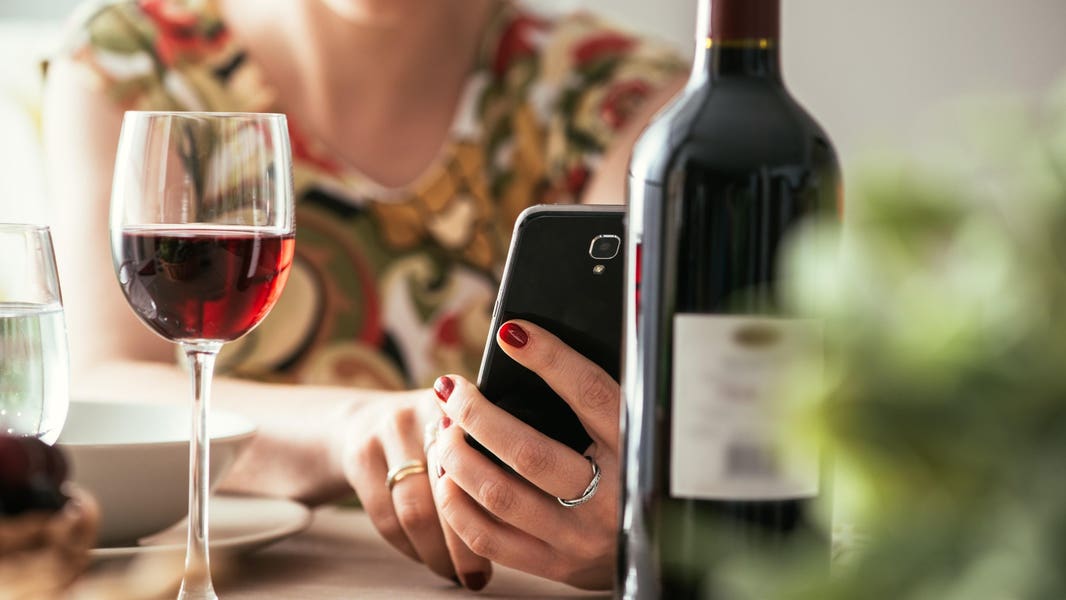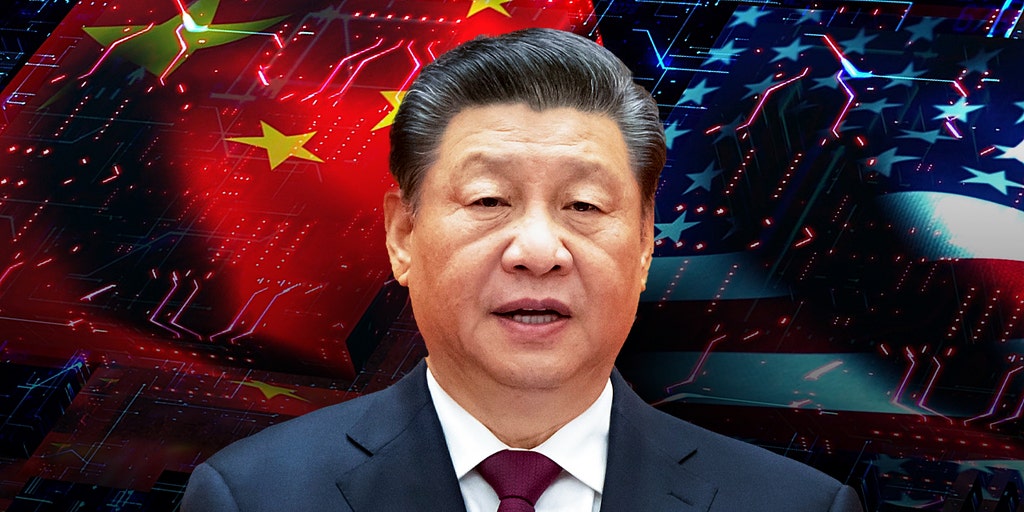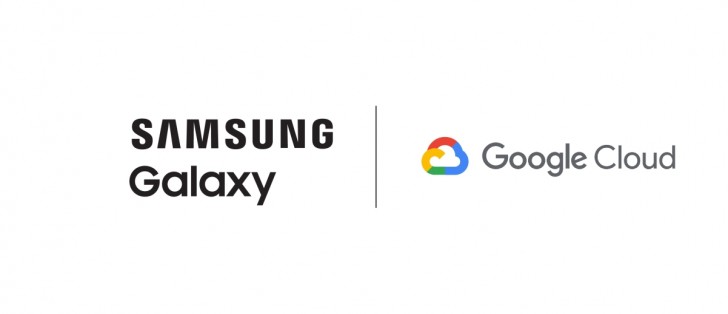Transforming Wine Verification: AI and Digital Olfaction Revolution
In the contemporary era, where the genuineness of wine holds immense significance alongside its age-old essence, the wine industry encounters a formidable challenge: wine counterfeiting. This deceitful practice not only leads to substantial financial losses annually but also undermines consumer confidence and tarnishes the prestigious image of well-established vineyards. Nevertheless, could the solution to this dilemma be found in the realm of artificial intelligence (AI) and the emerging field of digital olfaction technology? Positioned at the forefront of a technological rebirth, AI is poised to revolutionize the methods by which we authenticate and enjoy wine.
AI’s Role in Wine Verification
Recent advancements in AI, particularly in the realm of machine learning, have opened up new avenues for verifying the authenticity of wine. A groundbreaking study, detailed in a publication by Communications Chemistry, highlights this significant progress. By training AI algorithms to analyze the chemical composition of wines, researchers have enabled these algorithms to trace a bottle back to its specific vineyard and vintage with remarkable accuracy. This study, involving a diverse selection of 80 wines from seven estates in the Bordeaux region of France spanning 12 different vintages from 1990 to 2007, relies on gas chromatography and a thorough examination of complex compound concentrations. Noteworthy is the method’s flawless (99%) track record in identifying the wine’s estate and its commendable 50% accuracy in determining the vintage.
Exploring the Potential of Digital Olfaction
However, the array of detection tools extends beyond traditional laboratory settings. Aryballe, an innovative startup at the forefront of digital olfaction technology, introduces a fresh dimension to sensory analysis. In a discussion with Sam Guillaume, Aryballe’s CEO, the transformative capabilities of this technology come to light. By mimicking the human olfactory system, digital olfaction technology translates odor data into actionable insights through AI. Through sensors that capture odor signatures, subsequently analyzed by AI algorithms against an extensive database of recognized scents, this innovative approach finds practical applications across various domains, from creating the ideal “new car” scent to detecting food spoilage.
Pioneering Future of Wine Authentication
Envision a future where digital olfaction technology converges with AI tools used for chemical analysis. This synergy could give rise to a handheld device capable of authenticating wine with a simple scan. Such a device, potentially a standard feature in upcoming smartphones, not only shields consumers against fraud but also provides a new, objective way to assess and enjoy wine. It transcends the traditional expertise of sommeliers, democratizing the act of wine tasting and ensuring authenticity permeates every sip.
Empowering Consumers through AI
The implications of AI for the wine industry go beyond vineyards and laboratories. When in the hands of consumers, AI-powered devices hold the potential to offer real-time validation of wine authenticity. This empowerment has the capacity to disrupt the counterfeit wine market, which often deceives unsuspecting buyers with sophisticated fakes. Moreover, it fosters a community of informed connoisseurs who can rely on technology to guide their choices.
Enhancing the Wine Experience
Beyond fraud prevention, AI and digital olfaction can enrich the wine experience. By objectively analyzing a wine’s aroma, enthusiasts can uncover the subtle notes and flavors that define a region or a specific winemaking style. This educational aspect could deepen the appreciation for wine, bridging the gap between novice drinkers and seasoned aficionados.
Upholding Quality Standards in Winemaking
Winemakers also stand to benefit from these advancements. Quality control, a crucial aspect of winemaking, could see significant streamlining with AI’s intervention. By examining the chemical and olfactory profiles of wines at different stages, winemakers can achieve consistency and excellence in their craft. Furthermore, this technology could assist in the art of wine blending, a skill traditionally reserved for the most experienced practitioners in the field.
Navigating the Future
Looking ahead, the integration of AI and digital olfaction in wine authentication and appreciation seems not only plausible but inevitable. The development of comprehensive digital odor databases and advanced AI algorithms heralds a new era in the wine industry. These technologies not only strengthen defenses against fraud but also enhance the sensory journey of wine, making it more accessible and enjoyable for all.
In the tapestry of wine, AI crafts a narrative that combines scientific precision with sensory enrichment, ushering in a future where each bottle tells an authentic story and every glass offers a true essence of its origins. As we continue to impart the ability to perceive the world to computers, we unlock new avenues to enrich our lives, one bottle at a time.






